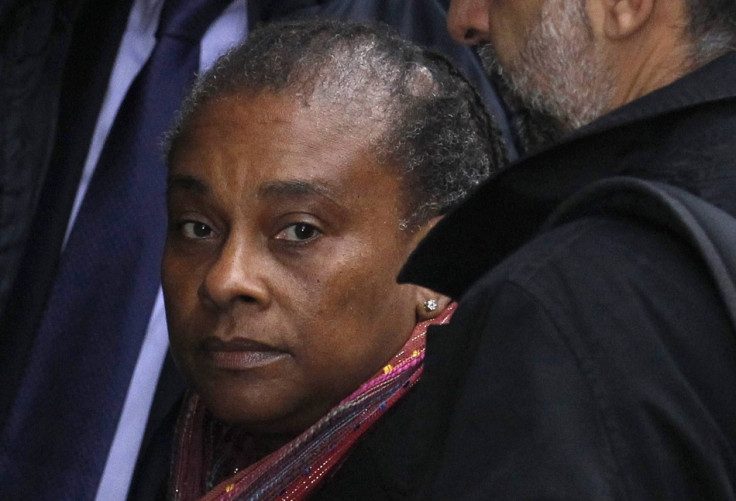Stephen Lawrence: How Big is Britain's Racism Problem?

Amid the sense of justice in the Stephen Lawrence murder trial - that there can be some closure, if only in part, for the Lawrence family and that even though other members of the group that murdered Lawrence are still at large, a thin line can be drawn underneath this ugly affair - one truth stands out.
This truth was articulated poignantly by Doreen Lawrence, Stephen's mother, shortly after two of her son's murderers were found guilty at the Old Bailey.
"The fact is racism and racist attacks are still happening in this country and the police should not use my son's name to say that we can move on," she said.
Doreen Lawrence is not wrong.
According to the Home Office there were 51,187 racist incidents reported to the police in England and Wales in 2010/11.
Analysis by the Institute for Race Relations (IRR) found that in 2009 alone there were 660 examples of racial violence in Britain.
Eighty-nine per cent of the perpetrators were white.
"Despite a number of legislative developments and policing initiatives over the past two decades, politicians remains in denial about the extent and severity of racial violence and popular racism," IRR's report concluded.
A former senior politician once at the heart of the Lawrences' campaign believes there needs to be a cultural change.
"We have still got a lot further to go because if you are black or Asian and you are young, your sense of how you are treated is very different and more adverse and is very different from anybody else," former Home Secretary Jack Straw, who launched the MacPherson inquiry in 1997, told BBC Radio 4's Today programme.
"We've probably got most of the legislation we need in place.
"It's about ensuring people are less tolerant of racism, whether it's explicit - of which I think there is much less these days - or just implicit, lazy, uncaring, intruding remarks made in the heat of the moment, on the football field and so on."
A Racist Journey: John Terry and Luis Suarez
In recent weeks there has been a slew of racist incidents published on Twitter and YouTube involving members of the public spewing racist vitriol at fellow passengers on buses, trams and trains around the UK.
Meawnhile, top-flight footballer stars John Terry and Luis Suarez have also been accused of using crude racist epithets during games.
Despite the long campaign Kick Racism out of Football, Chelsea's Terry has been charged with allegations of racism against black footballer Anton Ferdinand, while Liverpool's Suarez received a £40,000 fine and an eight-match ban from the football authorities for racially abusing Manchester United's Patrice Evra.
Racism 'Still an Issue' in the Police Forces
An inquiry into the Metropolitan Police's handling of the Stephen Lawrence murder investigation led to the 1999 MacPherson report, which accused the law enforcers of being "institutionally racist".
A decade later in 2009, MPs on the Home Affairs Committee reported that, despite progress, racial discrimination still existed within police forces.
"Absolutely, it's still an issue," Bevan Powell, chairman of the Metropolitan Black Police Association, told International Business Times UK.
Powell praised the tenacity and commitment of the Lawrence family in their campaign for justice for their murdered son.
"The massive changes that we've seen across the criminal justice system have been as a result of that one family," said Powell.
"There's still a lot more work to be done."
Despite the progress, police forces "don't reflect the communities they serve".
Powell said he supports multi-point entry to the police, which is being considered, where you can enter senior positions without having to work up from the bottom, as is currently the case.
This will allow for more diversity in the people holding senior positions, he argues.
One of the biggest issues around race and policing is the use of stop and search powers.
Black people are 26 times more likely than whites to be stopped and searched by police in England and Wales, revealed a 2010 study by the London School of Economics and the Open Society Justice Initiative.
"We've had lots of feedback from young people from black and ethnic minority communities that they've been treated unfairly or the officer's just been rude," said Powell.
"These are areas we've got to improve on [and] address, because stop and search is perhaps one of the most emotive and sensitive issues within the black community.
"So in terms of moving on and building on the Lawrence legacy, this is one particular area that we do really have to see some major change."
© Copyright IBTimes 2025. All rights reserved.






















